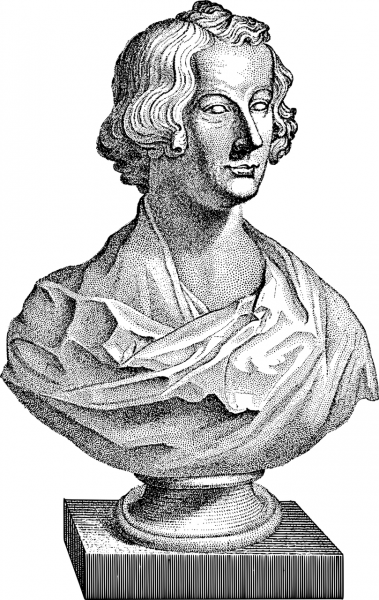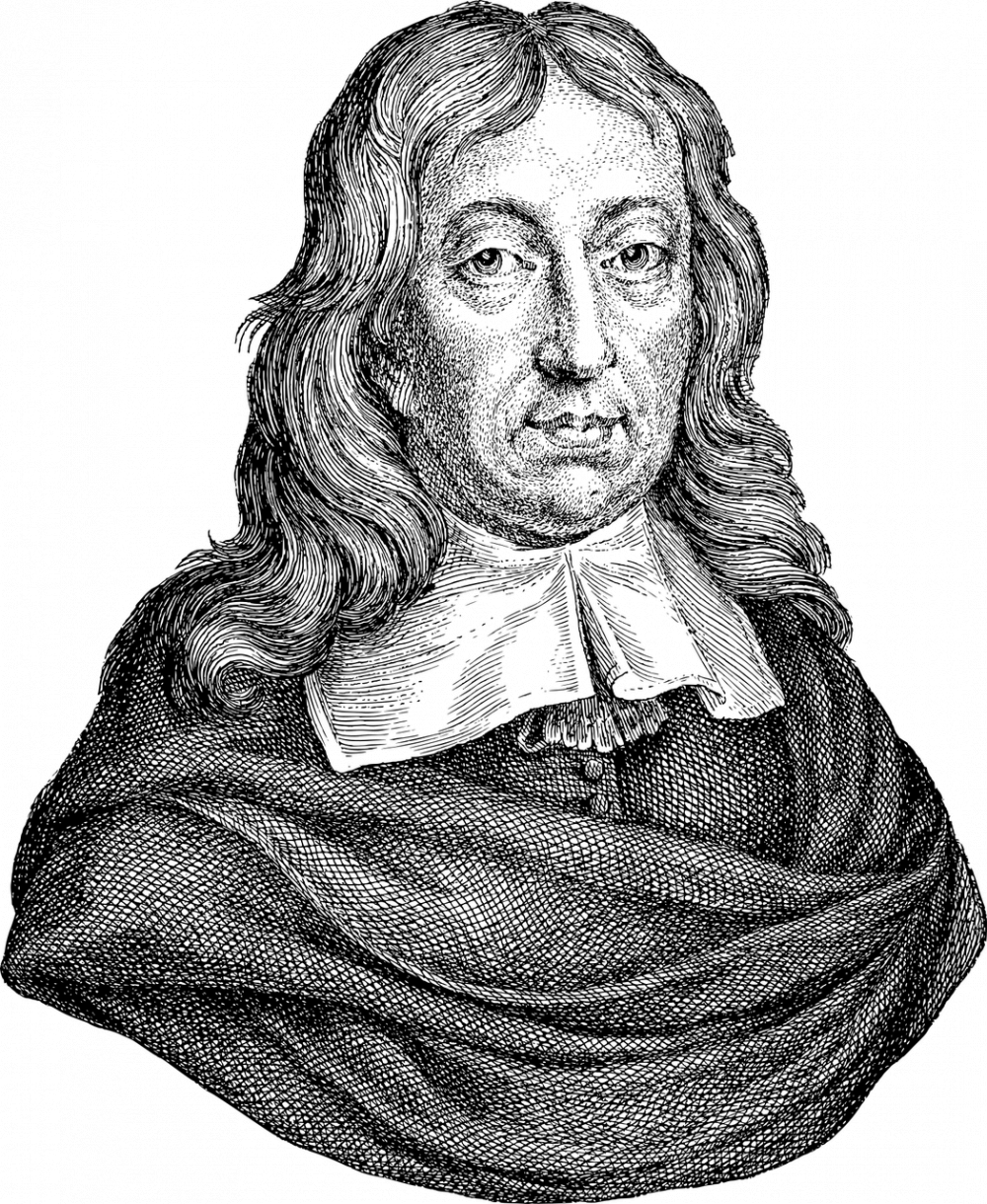George Orwell: Engaging the Minds of Art Lovers and Collectors

Introduction
George Orwell, born as Eric Arthur Blair, was a renowned British writer and journalist who left an indelible mark on the literary world. Considered one of the greatest 20th-century authors, Orwell’s works continue to captivate readers, inciting thought and introspection. This article delves into the life and evolution of George Orwell, touching upon the key aspects that art enthusiasts and collectors should know. Join us on a journey through time, as we explore the captivating world of George Orwell.
The Evolution of George Orwell

George Orwell’s journey as a writer was shaped by his experiences and observations of the socio-political climate of his times. From his early days as a struggling author to his emergence as a literary icon, Orwell’s works garnered both critical acclaim and popular appeal.
1. Early Life and Influences
– Eric Arthur Blair was born on June 25, 1903, in Motihari, Bihar, India, to British parents.
– Orwell’s exposure to British imperialism in India and his family’s privileged background laid the foundation for his later works.
– His experiences as a student at Eton College exposed him to the class disparities prevalent in British society.
2. Literary Pursuits and Engagement
– Orwell ventured into writing early on, exploring his passion through essays and works of fiction.
– His first book, “Down and Out in Paris and London” (1933), documented his struggles with poverty in these two cities.
– Inspired by his ideological leanings towards socialism, Orwell fought during the Spanish Civil War and penned the celebrated memoir, “Homage to Catalonia” (1938).
3. “Nineteen Eighty-Four”: A Magnum Opus
– Orwell’s most renowned work, “Nineteen Eighty-Four” (1949), stands as a dystopian masterpiece that continues to resonate with readers.
– The novel depicts a totalitarian regime that suppresses individuality and freedom, raising questions about power, surveillance, and truth.
– Its impact on popular culture cannot be overstated, as concepts such as “Big Brother” and “thoughtcrime” have become part of the global lexicon.
4. Orwell’s Writing Style and Themes
– Orwell’s prose style is characterized by its clarity and lucidity, enabling his ideas to be understood by a wide audience.
– His works frequently explore themes such as social injustice, totalitarianism, and the preservation of democratic values.
– Orwell’s commitment to truth and accuracy in writing is exemplified by his renowned essay, “Politics and the English Language” (1946).
The Enduring Legacy of George Orwell
Despite his untimely death at the age of 46, Orwell’s impact on literature and political discourse continues to reverberate. His works have been translated into numerous languages and have found a place in the curricula of educational institutions worldwide. Orwell’s ability to dissect the human condition and shed light on the societal challenges of his time solidified his position as an influential writer.
1. Literary Influences and Successors
– Orwell’s works have inspired numerous authors, journalists, and political commentators, who continue to engage with his ideas.
– Writers like Margaret Atwood, J.K. Rowling, and Christopher Hitchens have drawn inspiration from Orwell’s literary legacy.
– His writing style and commitment to social commentary have set a precedent for future generations of authors.
2. Impact on Popular Culture
– Orwell’s relevant and thought-provoking ideas have transcended literature and found a place in films, TV shows, and music.
– Several adaptations of “Nineteen Eighty-Four” have been produced, underlining its cultural significance.
– The phrase “Orwellian” is widely used to describe situations characterized by oppressive surveillance and manipulation.
Conclusion
George Orwell’s literary contributions continue to captivate and challenge readers, exploring the complexities of political systems and societal norms. From his early works to his masterpiece, “Nineteen Eighty-Four,” Orwell’s ability to ignite critical thinking through compelling narratives is truly remarkable. As art enthusiasts and collectors, delving into Orwell’s works provides a unique lens through which we can explore the intricacies of human nature and the power dynamics that shape our world.
[2000 words]
FAQ
What is the significance of George Orwells works today?
What was George Orwells real name?
Which of George Orwells works is considered his masterpiece?
Flere Nyheder
Saxofonist med dj kan skabe en god fest
Introduction George Orwell, born as Eric Arthur Blair, was a renowned British writer and journalist who left an indelible mark on the literary world. Considered one of the greatest 20th-century authors, Orwell’s works continue to captivate read...
07 oktober 2025
Skab tidløse minder med den perfekte bryllupsfotograf
Introduction George Orwell, born as Eric Arthur Blair, was a renowned British writer and journalist who left an indelible mark on the literary world. Considered one of the greatest 20th-century authors, Orwell’s works continue to captivate read...
30 september 2025
Fotograf Aalborg: Fang dine vigtigste øjeblikke
Introduction George Orwell, born as Eric Arthur Blair, was a renowned British writer and journalist who left an indelible mark on the literary world. Considered one of the greatest 20th-century authors, Orwell’s works continue to captivate read...
02 marts 2025











